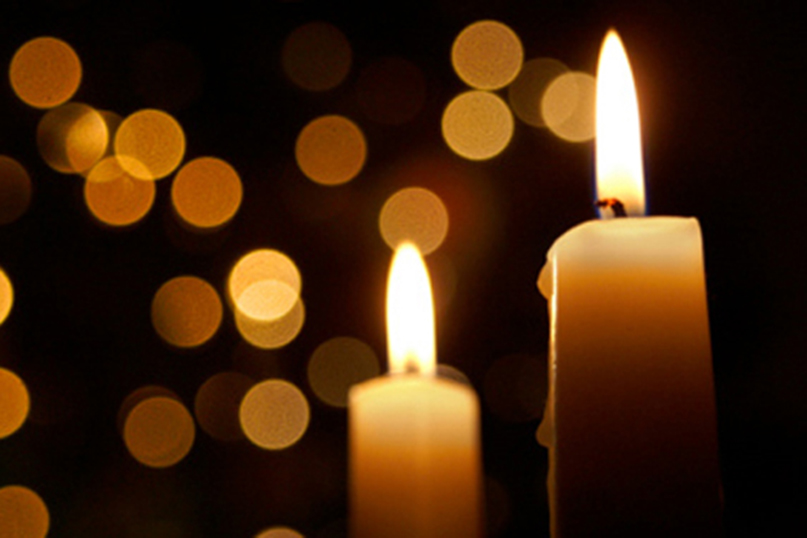
Traditional Jewish mourning practices are largely impossible to observe during the coronavirus pandemic. But we can still come together to mourn those in the Jewish community we’ve lost in recent days to COVID-19. To celebrate their lives, JTA is partnering with the Forward and local Jewish newspapers around the world to share the lives of those felled by the pandemic.
Noach Dear, 66, former NYC councilman and State Supreme Court judge
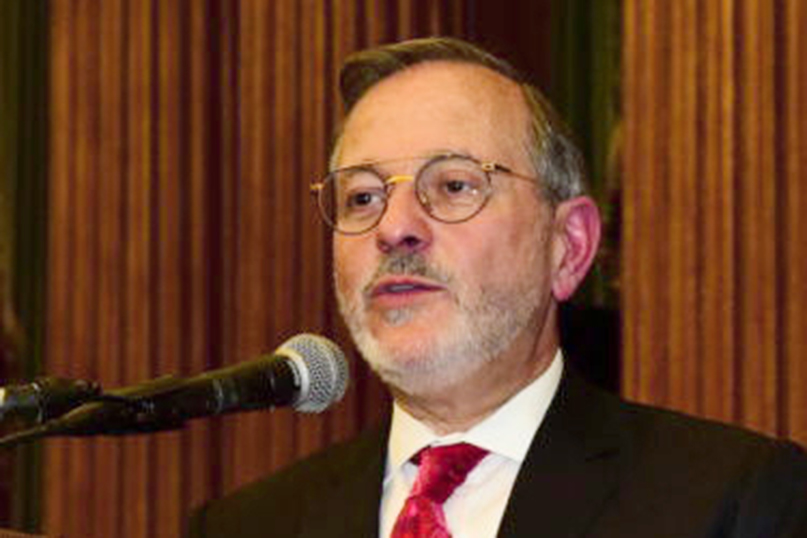
(JTA) – Noach Dear, a longtime New York City Council member representing largely Orthodox areas of Brooklyn, died April 19 in New York of complications related to COVID-19. He was 66.
Dear was elected to the council in 1983 representing sections of Midwood, Bensonhurst and Borough Park that were heavily populated with Orthodox Jews. Dear was active on behalf of Jewish causes, including the fight for Soviet Jewry. In 1990, he opposed granting bail to the accused killer of Rabbi Meir Kahane, a decision that ultimately was reversed.
A Democrat, Dear nevertheless opposed abortion rights and gay rights, according to an obituary in The New York Times. And he was a vocal critic of David Dinkins, a fellow Democrat and the city’s first African-American major, for his handling of the Crown Heights riots in 1991. After a black youth was acquitted of murder in the killing of Yankel Rosenbaum, a Jewish man killed early in the rioting, Dear introduced a resolution in the City Council condemning the verdict.
Dear unsuccessfully sought higher office on multiple occasions, including a bid for the congressional seat vacated by Chuck Schumer in 1998. He finished third in the Democratic primary behind Anthony Weiner, who went on to win the seat in the general election.
After term limits forced him from the council in 2001, Dear became a civil court judge. He was elected to a 15-year-term as a State Supreme Court judge in 2015.
Dear was born in Brooklyn and attended Yeshiva Torah Vodaas, Brooklyn College and Brooklyn Law School.
Mark Steiner, 77, celebrated philosopher of mathematics
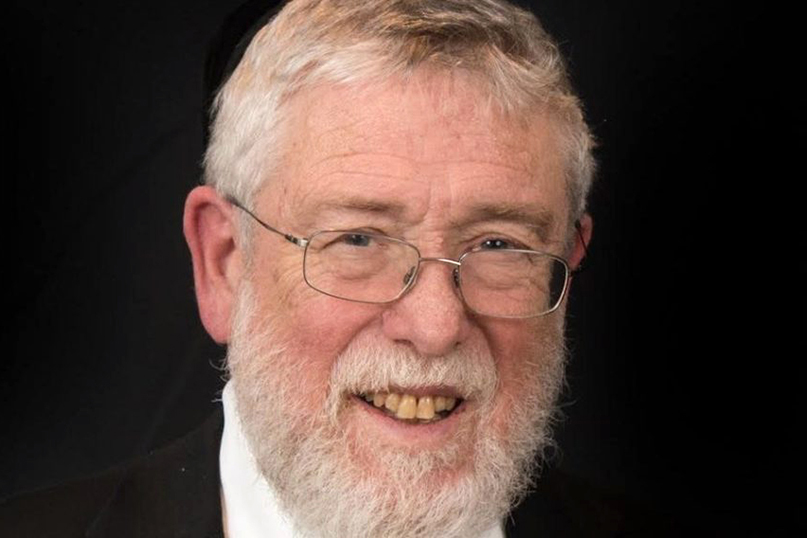
(JTA) – While Mark Steiner may have been one of the most important philosophers of mathematics of the past half century, it was his warmth, humor and love of Judaism that most endeared him to his colleagues. The Hebrew University professor died of COVID-19 on April 6. He was 77.
Born in the Bronx in 1942, Steiner received an Orthodox day school education before entering Columbia University, where he graduated with a degree in mathematics in 1965. After a Fulbright Fellowship at Oxford University, Steiner went on to receive his doctorate from Princeton before returning to Columbia as an instructor for most of the 1970s.
Steiner moved to Israel in 1977 and became the chair of the philosophy department at Hebrew University in the 1990s. “He was a bit of a character,” recalled Hebrew University historian Reuven Amitai. He was “a good man and well respected by his colleagues.”
In his most famous book, The Applicability of Mathematics as a Philosophical Problem, published in 2002, Steiner argued that man’s ability to discover natural laws means that the universe is innately “user friendly.”
Steiner used rabbinic anecdotes to illustrate his points. His religious inclination also led to a series of studies, including a research project in which he drew parallels between the medieval Jewish philosopher Maimonides and the 18th-century Scottish thinker David Hume. Steiner also translated a series of previously unknown Jewish philosophy books from Yiddish to English..
Steiner is survived by his wife and five children.
Mindella Lamm, 88, wife of former Yeshiva U president
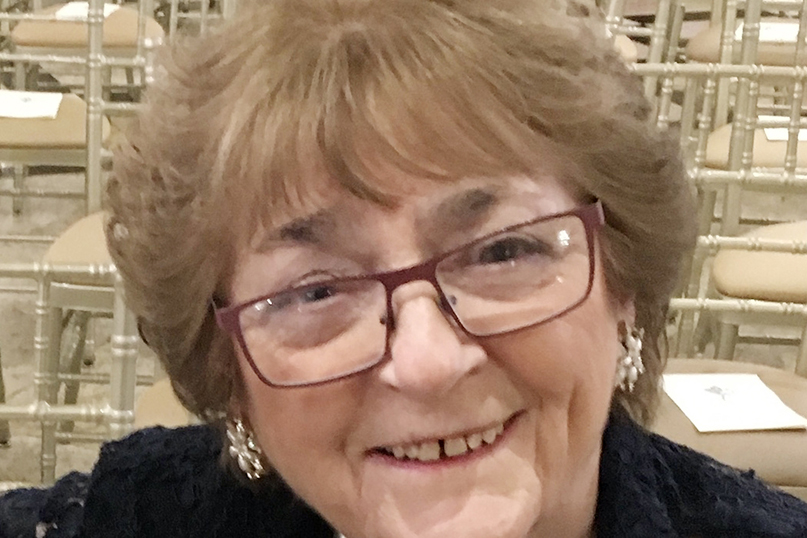
(JTA) – To those she met accompanying her husband on university business, she was the elegant woman known simply as Mrs. Lamm. To her four children and 17 grandchildren, she was a loving mother who took them on regular outings to Broadway shows and the opera. For years, Mindella “Mindy” Lamm had a subscription to the Metropolitan Opera. One year she brought her daughter, Sara, to see Tosca. Opera was not one of Sara’s loves, and during the death scene she laughed so loudly she was escorted out by staff.
Rabbi Mark Dratch, the executive vice president of the Rabbinical Council of America who was married to Sara until her death in 2013, said Lamm wasn’t embarrassed by the incident. “She was amused,” he recalled.
Lamm, the wife of former Yeshiva University President Norman Lamm, died on April 16 of COVID-19. She was 88.
Raised in the Midwood section of Brooklyn, Lamm studied education at Hunter College. She married Norman Lamm in 1954 and soon became deeply involved in the Yeshiva University Women’s Organization, which provides financial support to university undergraduates.
Joshua Lamm recalled the help his mother provided to a single mother and her son who had emigrated from the former Soviet Union. Her help so impacted the boy, now in his 40s, that he sat in his car outside the cemetery during her burial April 17, just to pay his respects.
“She was a tremendous mother, and a second mother to her many nieces and nephews,” Joshua Lamm said.
Lamm is survived by her husband, Norman Lamm, three children, 17 grandchildren and 22 great-grandchildren.
Fred Pressner, 73, led Venezuelan Jews during the Chavez era
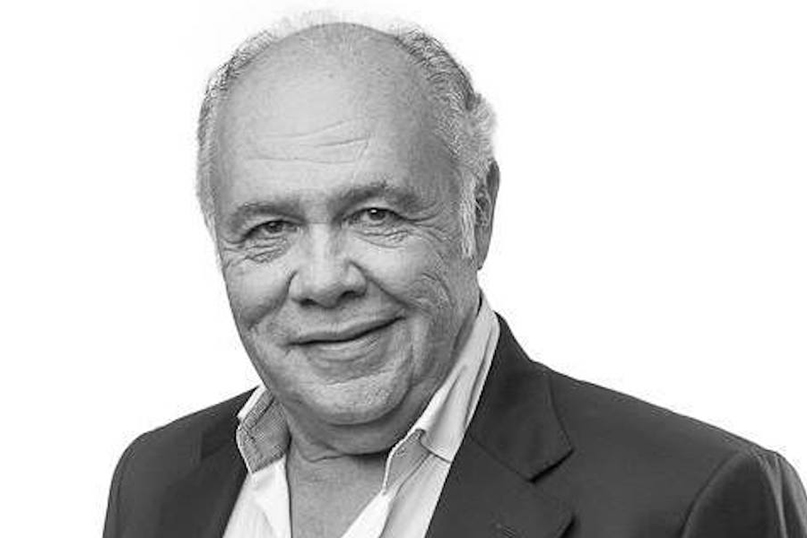
(JTA) – Fred Pressner, a former president of the Venezuelan Jewish community, died April 17 of COVID-19. He was 73.
Born in Romania in 1947 to survivors of the Holocaust, Pressner emigrated to Venezuela in 1960. He would go on to assume the presidency of the Confederation of Israelite Associations of Venezuela, the country’s umbrella of Jewish organizations, and serve on the board of governors of the American Jewish Committee. Pressner found himself in a sensitive position as the leader of CIAV during reign of Hugo Chavez, the leftist strongman who came to power in 1999 and cultivated closer ties with Iran and took a hard line against Israel. Pressner was measured in his criticism of the regime in what many observers understood as a strategy to guarantee the safety of the Jewish community.
In 2006, Chavez recalled his top diplomat in protest of Israel’s bombardment of Lebanon, which he compared to Nazi war crimes. “We have to categorically reject the comments for attempting to make the Holocaust banal,” Pressner told the New York Times. And in 2009, when a resolution was floated in the U.S. Congress urging Venezuela to protect its Jewish community, it was opposed by several Jewish congressman at the urging of Venezuela’s Jewish leaders. “All of our institutions are protected by the police, we cannot complain about that,” Pressner told JTA at the time.
“Freddy became the courageous and nuanced global face of Venezuelan Jewry at the height of the Chavista state sanctioned anti-semitism during the first decade of this century,” Dina Siegel Vann, the American Jewish Committee’s top official on Latin American affairs, told JTA.
Presser is survived by his wife, Irene, three daughters and four grandchildren.
Gabriel and Roberto Yabra, leaders in Argentina’s kosher food industry
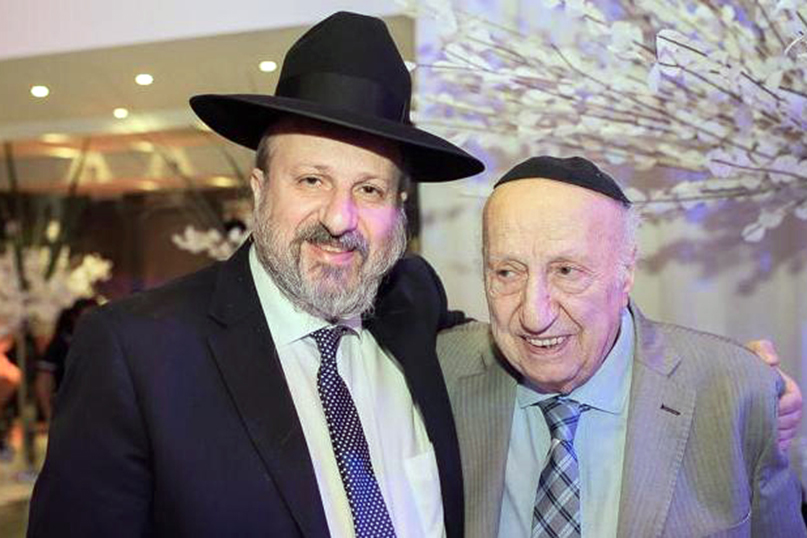
(JTA) – Rabbi Gabriel Yabra was an expert in kosher supervision – not just in the religious laws around Jewish dietary practices, but in the chemical processes of modern food production. For decades, he was the director of UK Kosher, a Buenos Aires-based kosher certification agency that is the largest is the Spanish-speaking world. He was inspired in this line of work by his father Roberto, a pioneer in the kosher food market who brought many kosher food products from the United States and Israel to Argentinean Jews.
A father of eight, Gabriel Yabra died April 1 of COVID-19 at a private medical center in Buenos Aires. He was 55. Just over two weeks later, his father Roberto Yabra also succumbed to the disease on April 17. He was 85. The men were buried side by side at the Bene Emeth Sephardic cemetery outside Buenos Aires. Roberto’s wife Teresa, 79, is also in the hospital battling COVID-19.
After Roberto’s death, stories emerged of the people he had quietly helped during his life. His son Claudio recalled a phone call his father had once received about a young couple who sought to marry but didn’t have the means to furnish a home. Roberto hung up the phone, called a truck and packed it with furnishings from his own home.
“We slept on the floor and some days later we received new furniture,” Claudio recalled.








 Southern New England Jewish Ledger
Southern New England Jewish Ledger










